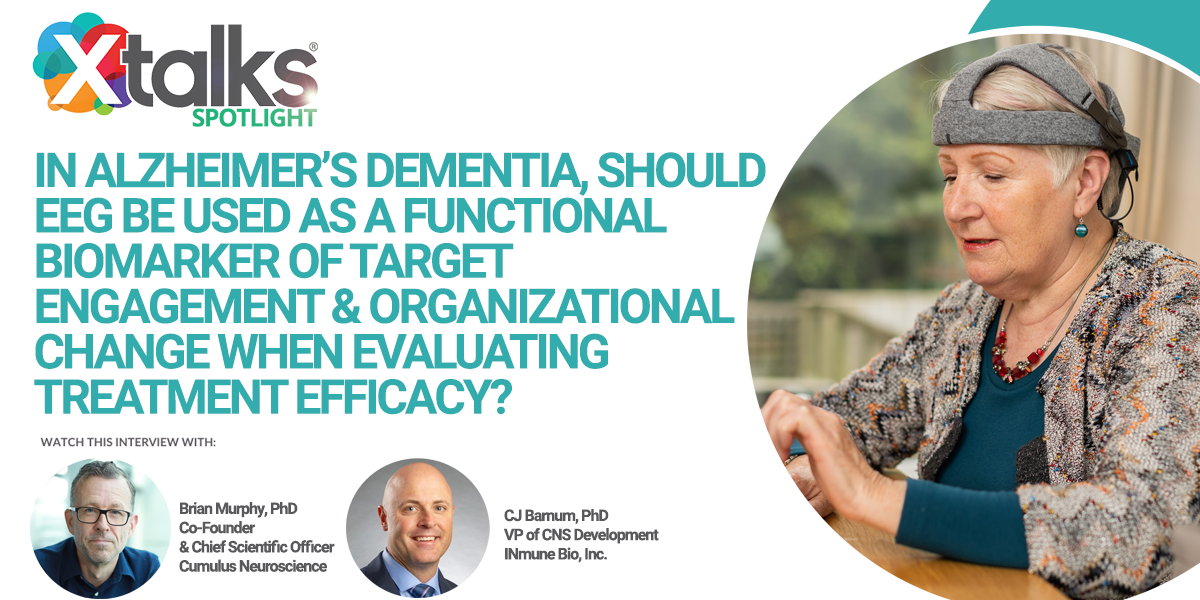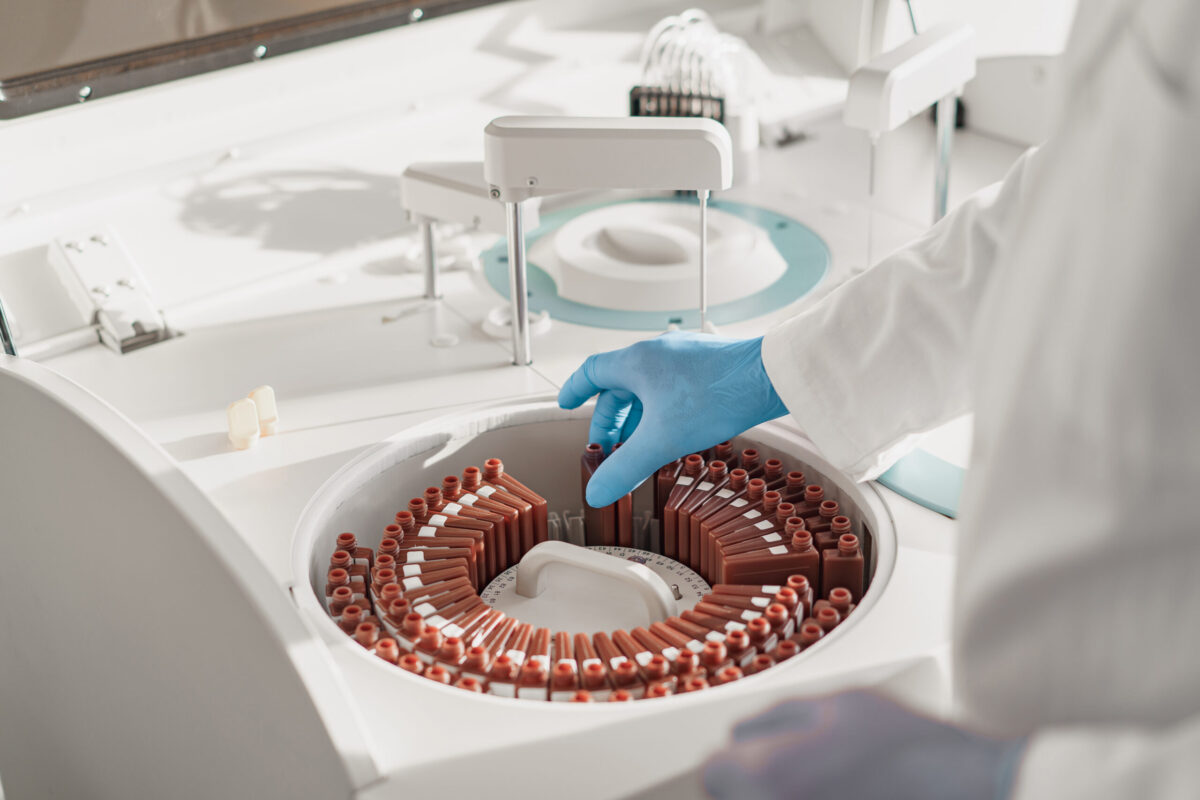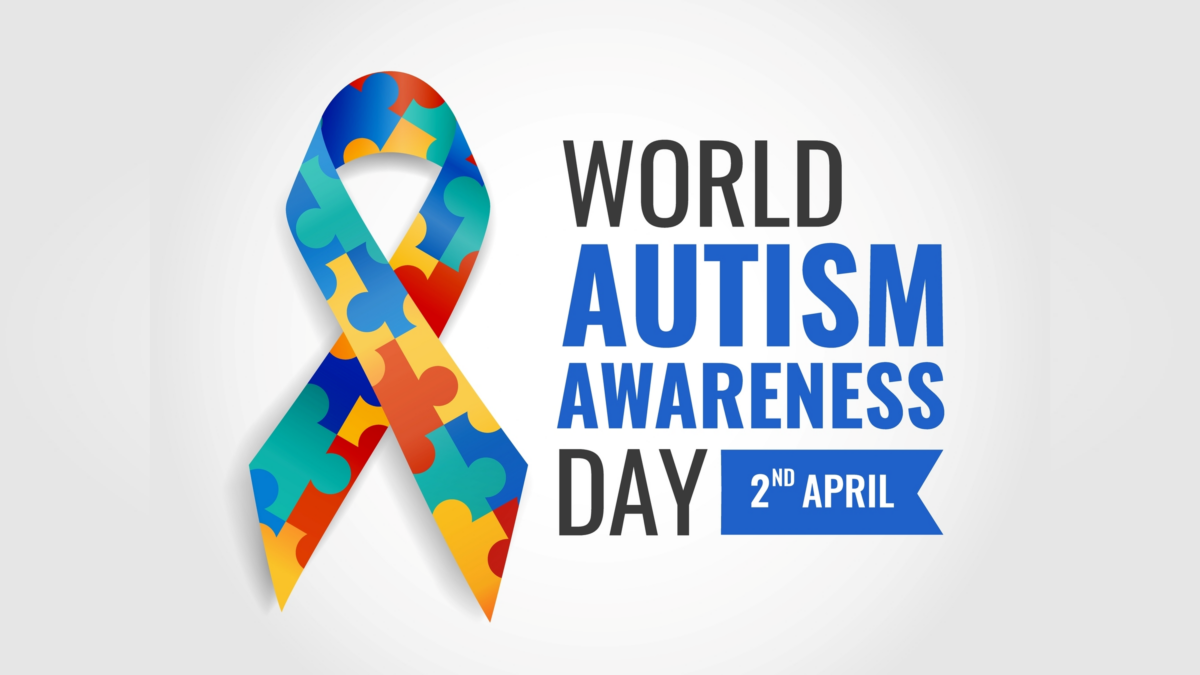It’s been a busy year for pharma and biotech: drug pricing remained an issue, immunotherapy clinical trials faced safety concerns and the unexpected outcome of the US election caused uncertainty in the industry. In keeping with tradition, Xtalks Vitals is reviewing the topics and events that have shaped 2016 for those in the drug development industry.
Drug Pricing
As predicted, the drug pricing debate continued throughout 2016. Mylan sparked outrage this year by increasing the cost of its life-saving EpiPen by nearly 550 percent over the device’s price ten years ago. The EpiPen is used to reverse anaphylaxis in patients with severe allergies, and while few alternatives exist, Mylan still has over 90 percent market share.
Earlier this month, Pfizer and their distributer, Flynn Pharma, were fined almost £90 million for charging “excessive and unfair prices” for their epilepsy medication. The UK’s Competition and Markets Authority (CMA) found that the companies de-branded the medication to hike its price.
First Duchenne Muscular Dystrophy Drug
This year, the US Food and Drug Administration (FDA) approved a controversial drug developed to treat the rare disease, Duchenne muscular dystrophy. The disease primarily affects young boys – some of whom carry a mutation in the dystrophin gene – and leads to muscle weakness, fatigue and premature death.
Since the drug – Sarepta Therapeutics’ Exondys 51 – is the first approved to treat Duchenne muscular dystrophy, patient advocate groups and families of those with the disease rejoiced after the drug received the FDA’s support. However, some – including FDA commissioner Dr. Robert Califf – questioned the efficacy of the drug, considering that Exondys 51 was tested in a small 12-patient clinical trial.
FDA Drug Approvals
Instead of continuing their trend of approving more drugs each year compared to the previous year, the FDA has hit a slump on new drug approvals. 2015 was a record year for drug approvals, with 45 drugs given the go-ahead by the FDA’s Center for Drug Evaluation and Research (CDER). To date, the FDA has only approved 21 drugs in 2016, making it unlikely that this year will see an increase over last.
With the recent passing of the 21st Century Cures Act in both the US House of Representatives and the Senate, some are predicting that drug approvals will be a lot quicker in 2017 than they are today. The bill could allow the FDA to accept alternative data sources – such as data summaries and real-world evidence – when assessing whether a drug should be approved.
Juno Immunotherapy Trial Deaths
Immunotherapy continued to be a hot topic in 2016, with multiple biotech companies conducting early-stage clinical trials of the cancer treatment. One of the frontrunners in the industry, Juno Therapeutics, faced a setback when multiple patients died during the course of their ROCKET CAR-T immunotherapy clinical trial for relapsed or refractory B cell acute lymphoblastic leukemia.
The first three patients died after receiving treatment with Juno’s experimental immunotherapy agent, JCAR015, in July of this year. After Juno identified fludarabine – a chemotherapy drug used as a pre-treatment – as potentially implicated in the deaths, the FDA allowed the study to continue.
But even after the chemotherapy agent was removed from the trial protocol, the ROCKET trial still faced more hurdles. In November, two additional patient deaths were associated with the investigational therapy, causing some to criticize the way in which the FDA and Juno handled the initial situation.
US Presidential Election
Donald Trump’s election win surprised those in many industries, and much speculation has been made in regards to what a Trump White House means for the pharmaceutical industry. While many questions have yet to be answered, Trump has said that he plans to address the drug pricing issue.
During his campaign, he also proposed allowing the re-importation of pharmaceuticals from other countries to get drug spending under control. Though this plan could solve some of the drug affordability issues that plague the healthcare system in the US, it would require the government to remove the barriers that currently prevent this practice.
Opioid Crisis
This year, an “opioid crisis” was declared in the US, with the number of opioid-related overdoses significantly increasing year after year. According to a fact sheet released by the US Department of Health and Human Services (HHS), over 650,000 opioid prescriptions are dispensed on a daily basis in the country, while 78 people die every day of an opioid-related overdose.
In response to the growing number of people who abuse the drugs – including those obtained by prescription – health officials across the country urged the FDA to mandate inclusion of a warning on all products containing opioid drugs. The FDA heeded the advice by requiring the regulator’s strongest warning – a boxed warning – on over 400 opioid-containing products.
Theranos
Once a Silicon Valley darling, blood testing company Theranos faced considerable instability in 2016. Their finger-prick blood test Edison device was found to be inaccurate after the company voided two years’ worth of test results. Pharmacy chain, Walgreens, severed its partnership with Theranos in June, with plans to close all 40 of its blood testing centers in Arizona.
Following an investigation into Theranos’ labs conducted by the Centers for Medicare & Medicaid Services (CMS), Theranos founder Elizabeth Holmes was banned from owning or operating a blood testing lab for the next two years. But Holmes and Theranos continue to push forward into the medical device space; in October, they unveiled a new device known as the miniLab.
Biosimilars
This year saw a slew of biosimilar approvals, each promising to be a lower-cost alternative to pricey biologics. Cellrion’s Inflectra – a biosimilar to Janssen Biotech’s Remicade – was approved by the FDA for most of the same indications as its branded counterpart.
Later in the year, Amgen received its first biosimilar approval with Amjevita, which has been approved for all seven indications as its reference product, AbbVie’s Humira. As the acceptance of safe and effective biosimilars has begun to pick up speed within the FDA, some have begun to wonder what reception these copycat drugs can expect to receive from prescribing physicians.
In a survey conducted by the Biosimilars Forum, 91 percent of US physicians said they would be willing to prescribe a biosimilar over its branded biologic. Other results of the survey however, suggested that doctors would benefit from a better education of how the approval process for biosimilars differs from branded drugs, in order to ensure they have the most accurate information to help them make prescribing decisions.
CRISPR
The gene editing technique known as CRISPR also dominated headlines in 2016, with scientists speculating that the system could be used to treat everything from sickle cell disease to HIV. Large pharmaceutical companies, like Bayer, and biotechs, such as Regeneron Pharmaceuticals, have announced collaborations with gene editing start-ups to inject capital into applying CRISPR.
The Human Fertilisation and Embryology Authority (HFEA) in the UK also approved the use of CRISPR on human embryos in research aimed at providing a better understanding of inherited diseases. While these gene-edited embryos would be destroyed after just seven days of development, the decision was controversial.
Zika Vaccine
The Zika virus outbreak hit Latin America hard, with thousands of babies born with microcephaly this year. In a race to develop a vaccine to prevent those at risk from contracting the virus, multiple government agencies and private biotech companies set to work on the task.
Among them, US-based Inovio Pharmaceuticals commenced a Phase I clinical trial of their Zika vaccine candidate in August. Their DNA-based vaccine showed promising results in preclinical studies, where it was able to confer protection against Zika on 100 percent of animals who were vaccinated.
2016 was another busy year for those in the pharmaceutical and biotech industries. The coming year has the potential to be even more eventful, especially considering that President-Elect Donald Trump will take office in January.












Join or login to leave a comment
JOIN LOGIN